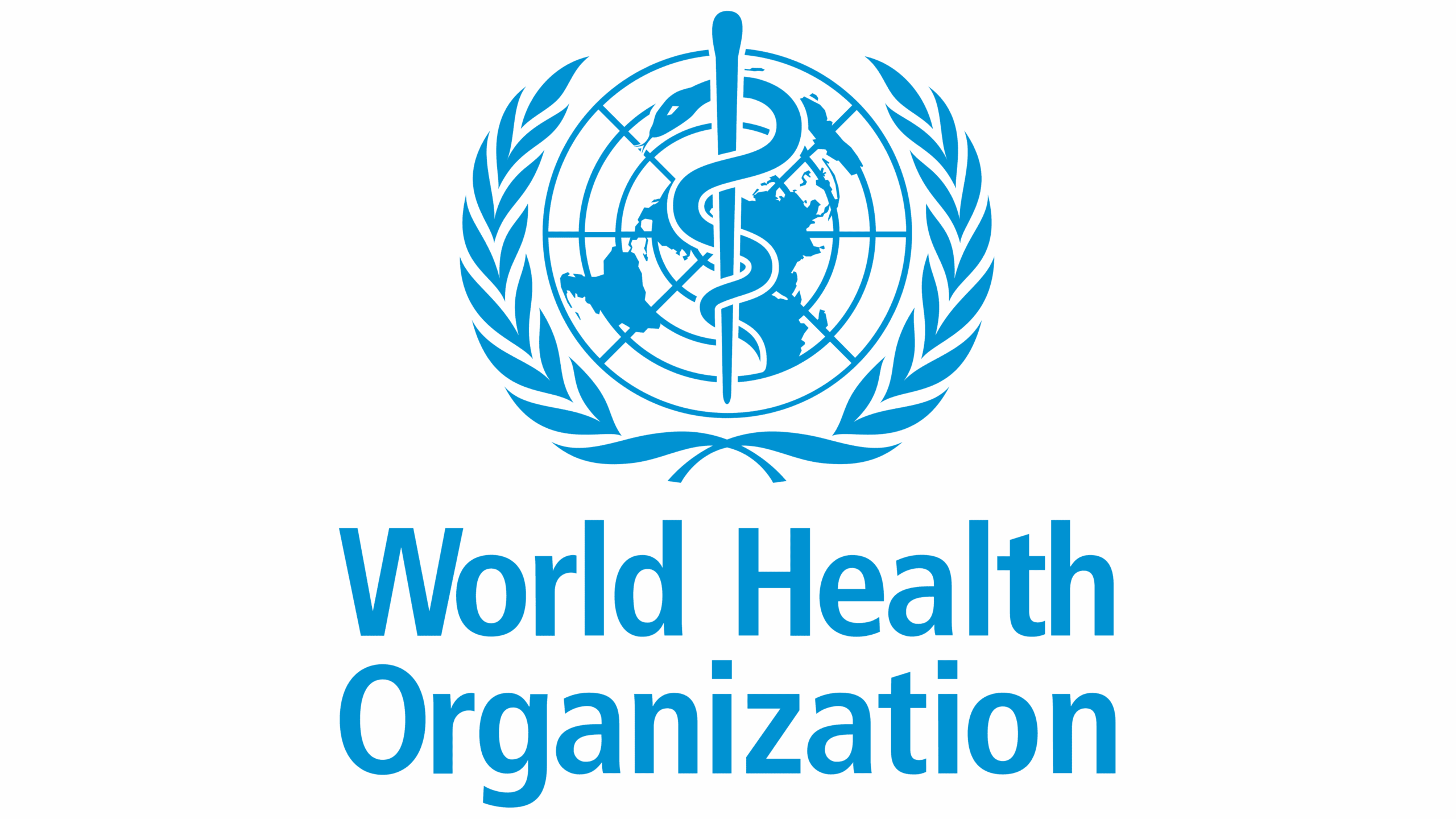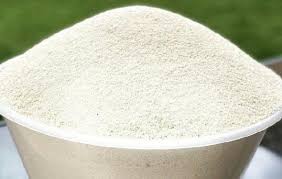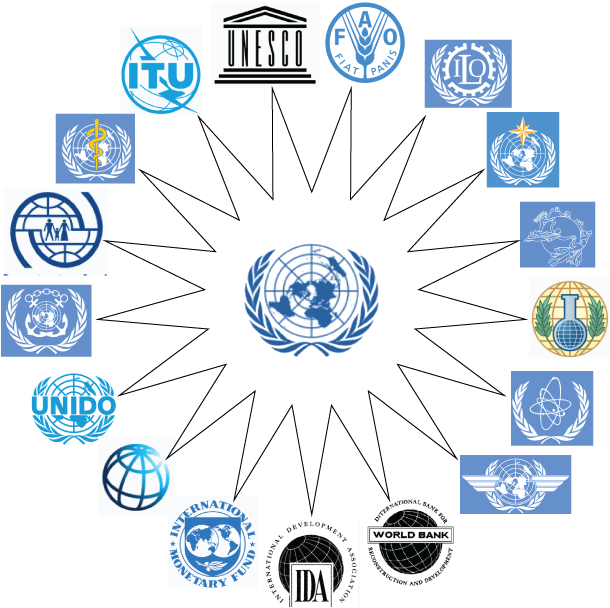
As the country faces an unexpected spell of harmattan-like weather, health experts have urged Nigerians experiencing unusual cold-related symptoms such as persistent cough, sore throat, and nasal congestion to take immediate steps to reduce stress and improve their immune defences.
The medical professionals, who spoke exclusively Healthwise, linked the recent spike in respiratory symptoms across parts of the country to unusual weather patterns occasioned by climate change.
They noted that the sudden shift to cooler, dry, and dusty conditions, normally associated with the harmattan season, has created a ripe environment for the spread of viral infections, particularly the common cold.
A Professor of Public Health at the University of Ilorin, Tanimola Akande, explained that while the common cold is a self-limiting viral infection caused primarily by rhinoviruses, it is frequently mistaken for more severe respiratory conditions such as bacterial bronchitis, pneumonia, or influenza.
He warned that while cold symptoms typically include sneezing, nasal congestion, and sore throat, signs such as prolonged fever, breathing difficulties, and chest pain may suggest more serious infections that require medical intervention.
Akande stressed that the recent shift in weather conditions, characterised by cold mornings and nights, hot afternoons, and increased dust in the atmosphere, has heightened Nigerians’ vulnerability to respiratory infections, especially in communities where poor hygiene, inadequate ventilation, and overcrowding persist.
“The cold temperature, dryness, and windiness of the current weather have made people more prone to cold infections. These conditions are unusual for this time of the year and are a direct consequence of climate change,” he said.
He advised Nigerians to adopt practical health measures to prevent illness, including maintaining good hand hygiene, staying warm, ensuring proper ventilation in indoor spaces, and avoiding close contact with individuals showing cold symptoms.
The don emphasised the need to reduce physical and emotional stress, which he said can significantly weaken the immune system and make the body more susceptible to infections.
“Stress reduction is crucial. A weakened immune system cannot fight off infections effectively. People should also get adequate rest, eat healthily, and stay hydrated,” Akande said.
The professor also cautioned against the indiscriminate use of antibiotics for cold treatment, warning that antibiotics are ineffective against viral infections and could contribute to antimicrobial resistance if misused.
For those already showing symptoms, the physician recommended simple remedies, such as steam inhalation, nasal sprays, and over-the-counter medications, for relief, but advised consulting a doctor if symptoms persist.
“Many people rush for antibiotics at the first sign of a cold, but this is dangerous. Antibiotics don’t work against viruses. If symptoms like fever or breathing difficulty develop, it’s important to seek medical attention promptly,” he added.
Managing Stress and Strengthening Immunity: Key to Combating Cold Symptoms in Unpredictable Weather
The public health expert further encouraged the consumption of fruits rich in vitamins and antioxidants, such as oranges and lemons, as well as supplements containing Vitamin C, Vitamin D, and zinc to strengthen immunity during this weather transition.
He also underscored the benefits of regular exercise and quality sleep in helping the body resist infections.
Supporting his position, a licensed community health practitioner, Tahir Laurat, confirmed a noticeable increase in the number of people reporting cold symptoms in recent weeks.
Laurat, who currently works in a pharmacy, told our correspondent that sudden fluctuations in temperature, cool in the mornings and evenings but extremely hot during the day, along with rising dust levels, have made conditions worse for respiratory health.
“People working outdoors, especially those by the roadside, are more exposed to the harsh, dusty air. We’re seeing more patients with symptoms like sneezing, a runny nose, an itchy throat, and general discomfort. It’s taking a toll on many,” she said.
Laurat explained that the body’s natural defences are often compromised when exposed to such erratic weather conditions.
According to her, low immunity caused by environmental stress allows viruses to thrive and spread more easily.
She warned that while most cold symptoms are mild, people should be cautious not to confuse them with more serious respiratory infections such as pneumonia or the flu, which present with higher fever, fatigue, body aches, and breathing challenges.
“The dusty weather irritates the respiratory tract, and the temperature swings put stress on the body. That stress lowers immunity, and that’s when these viruses get a foothold,” she said.
Laurat recommended preventive actions such as dressing appropriately for the weather, staying hydrated, using face masks in crowded or dusty areas, and keeping indoor spaces clean and dust-free.
She also reinforced the importance of stress management in maintaining strong immunity.
“Simple things like drinking lots of water, taking fruits regularly, and getting enough rest go a long way. People need to be intentional about reducing stress, whether physical or emotional. It makes a real difference in how the body responds to infection,” she said. …Punchng.com
For more expert health tips, updates, and advice on managing respiratory health, visit LouisaOlaniyi.com.ng. Your health matters—stay safe and informed!




































































































































































































